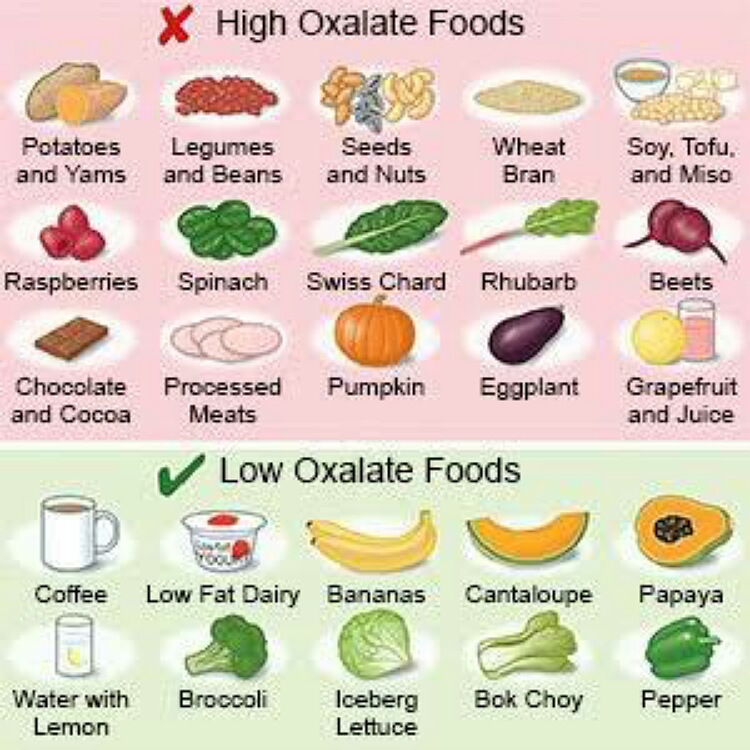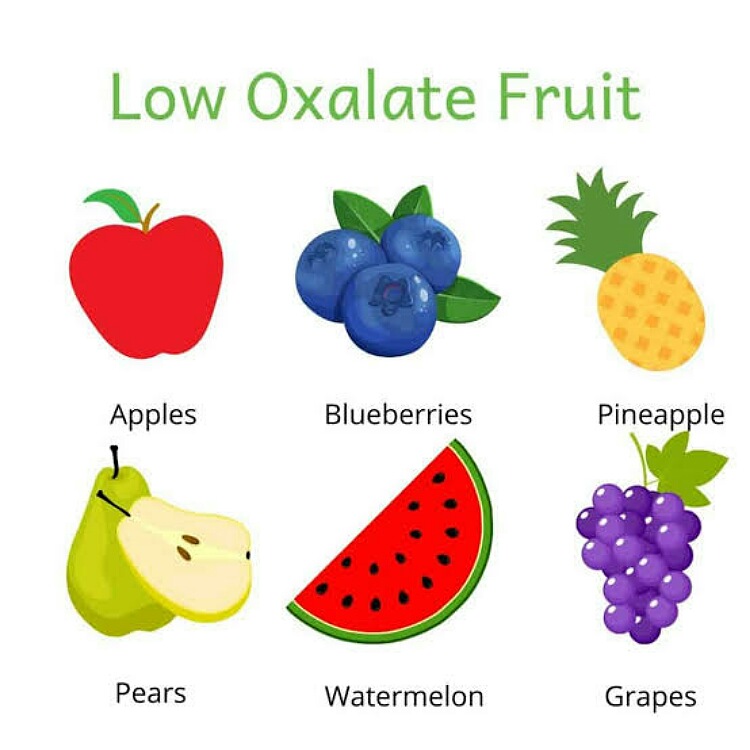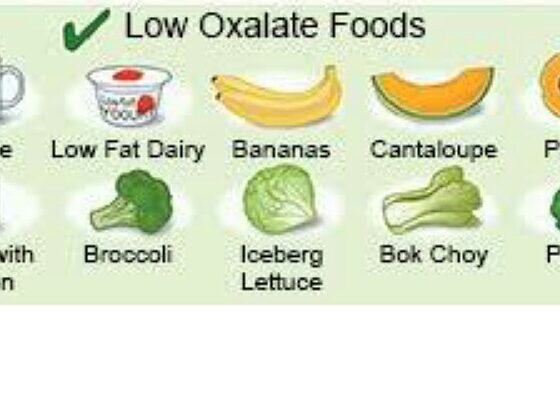High oxalate foods have a tendency to lead to renal stone formation. Hence as a preventive and therapeutic measure, doctors advise a low oxalate diet for it. What is a low oxalate diet? Which foods should one avoid in it? Is it healthy in the long run ? Is it safe?
Oxalate in foods and stones
Oxalate is a chemical that our body synthesizes. It is also present naturally in foods such as fruits, vegetables, nuts, and grains. These oxalates are excreted via the urinary system. And small amounts of these are present in the urine.

But when the oxalates in the urine exceed a certain limit, they crystallize out and form a compound with urinary calcium. These are hard and form renal stones. Some individuals have an inherent tendency to stone formation. In them, even smaller amounts of oxalate food consumption could lead to stone formation in the urinary system. This is also common in oliguric patients with concentrated urine.
In such people, to avoid recurrence of renal stones and to minimize the size of existing renal stones, a low oxalate diet is recommended.
The low oxalate diet
A low oxalate diet is one in which the person avoids foods containing high amounts of oxalates. Therefore, intake of grains, legumes, nuts, fruits and vegetables have to be lesser than normal. It should be such that one consumes only around 40 to 50 mg of oxalates per day.
Hence, the person can consume proteins, white rice, low oxalate fruits and vegetables and dairy products. The latter has calcium in it and these can bind to the oxalate in the foods and prevent the latter’s intestinal absorption.

Additionally, soaking and cooking certain vegetables and legumes also can lessen their oxalate content. Moreover, eating more calcium rich foods, drinking more water and reducing salt intake can also prevent stone formation.
Is this diet needed? Does it help? Other uses and safety?
Not all physicians recommend this diet for renal stones. Some doctors just advise to increase the intake of calcium rich foods. The calcium binds to the oxalate in the intestinal lumen and prevents it’s absorption. One study using 10 recruits showed that those who take adequate amounts of calcium do not have renal stones formation even with high oxalate foods. But the sample size of the study was too small to infer anything.
And another study showed that children with autism had higher levels of oxalate in their urine and blood compared to controls. But research on the causation or effectiveness of this diet in autism is limited.

This diet has also helped some cases of vulvodynia which is chronic pain of the vulval region. But no studies have shown that dietary oxalates cause the condition.
This diet is restrictive. A lot of healthy foods are out. Hence it might lead to nutritional deficiencies in the long term. Spinach, beets, fruits, nuts, grains and legumes are healthy. Hence omitting these could be detrimental for health. Vegans and vegetarian eaters might be more severely affected. They might have severe protein deficiency.
Read here: Green leafy vegetables and arugula and renal health!
Therefore, the practical approach to renal stones would be increasing water intake, and taking more of foods rich in calcium.
